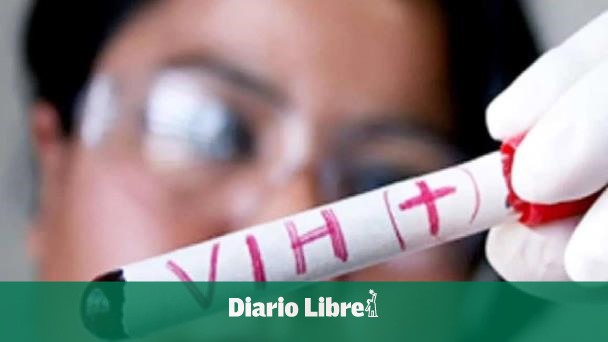The Dominican Republic maintains a struggle constant against HIVwith significant achievements in reducing mortality and stabilizing new infections. According to the National Council for HIV and AIDS (Conavihsida), about 79,000 people They live with the virus in the country, a figure that could reach 84,000 by the end of 2024 due to new reported cases.
“So far in our registration systems, 79,000 people in Dominican Republic live with the condition of HIV“, he informed Free Diary, Enrique González, director of Conavihsida.
In 2023, the country registered approximately 4,500 new infectionsmaintaining the prevalence at 1%, characteristic of a concentrated epidemic.
Achievements sustained since 2010
After the “Presentation Ceremony of Achievements of the STI ProgramHIV and Hepatitis” organized by the Ministry of Health In public, regarding the fact that Sunday marks World AIDS Day, González highlighted important advances such as a 53% reduction in mortality associated with HIV since 2010 and the stabilization in the rate of new infections.
“That is a great achievement because from 2010 to date the country has maintained this slope of decrease in the prevalence of HIV and the appearance of new infections“he stated.

The success is attributed to the implementation of programs under the National Strategic Plan and international policies, which have made it possible to guarantee access to treatment antiretroviral and education about health.
Fight against stigma labor
González recalled that carrying out tests of HIV as a work requirement is penalized and constitutes a form of discrimination. In case of violation, the Conavihsida has a legal department in coordination with the ministries of Health and Work to take legal action.
“Many times they mask this test at the workplace level… if it is proven that it was because the test was positive due to an unauthorized test, the company can be sued with very high penalties,” added Humberto López, coordinator of the Key Populations Division.
Support comprehensive for new diagnoses
Newly diagnosed patients are registered in national control systems and linked to care units comprehensive. In addition, they are assured immediate access to treatment antiretroviral, which has been shown to be highly effective.
“A person with HIV can live normally and for a long time. Antiretrovirals have achieved such a significant reduction that, in certain cases, it is not even necessary to use a condom during sexual relations,” González said.
The call of the authorities is clear: continue promoting education, prevention and respect for human rights to combat stigma and achieve a significant impact on the struggle against him HIV.















